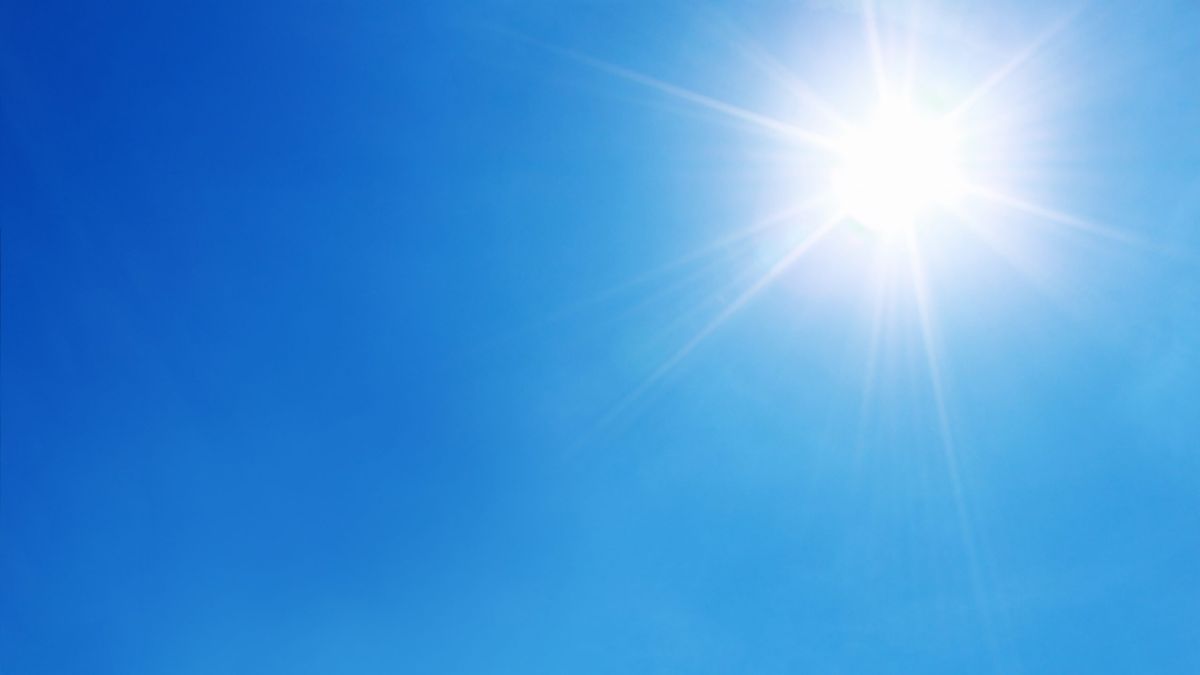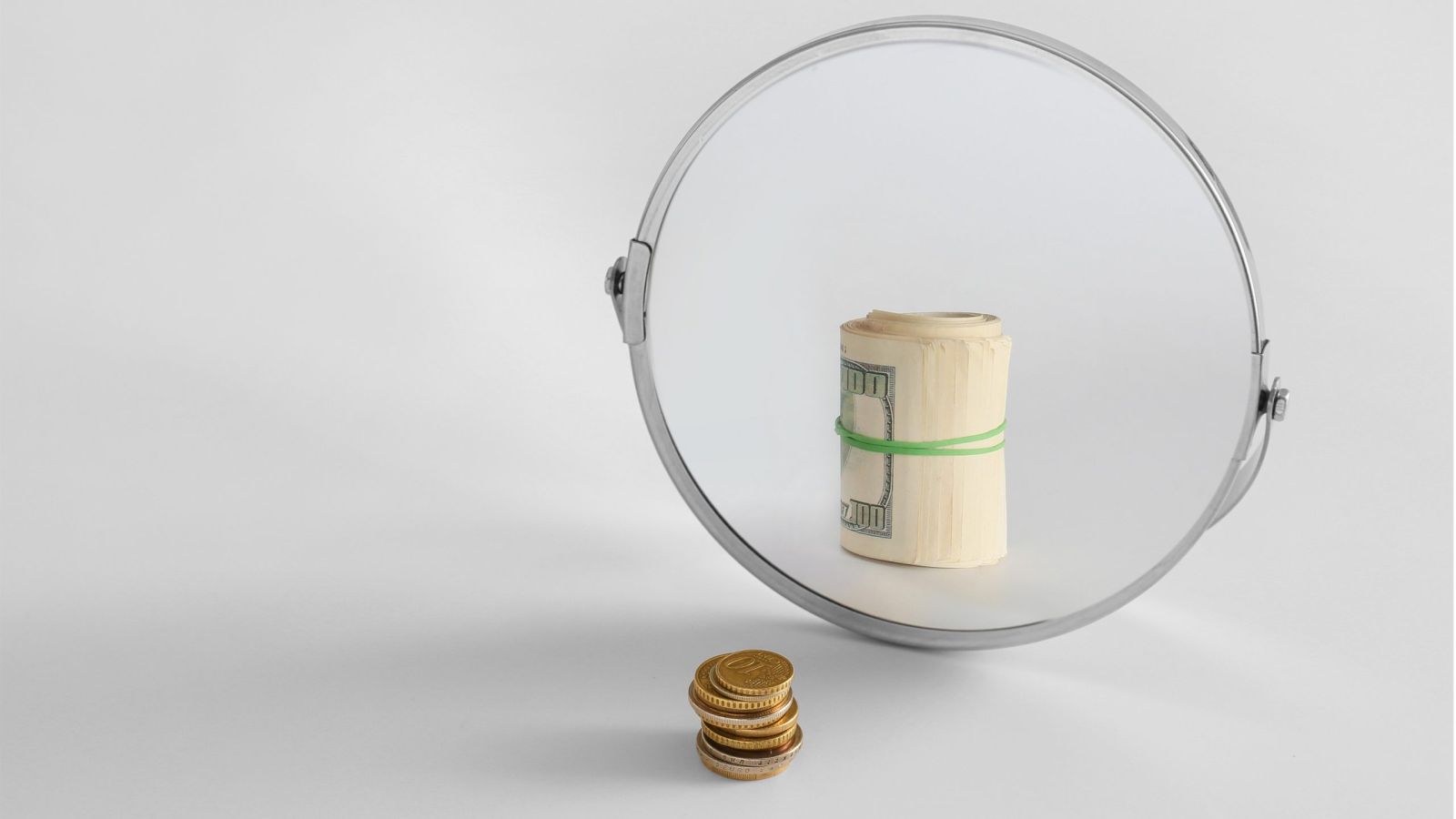Is Sun Exposure Sufficient to Remove Impurity (Najāsah)?
Imām Muḥammad ibn Ṣāliḥ al-ʿUthaymīn


Imām Muḥammad ibn Ṣāliḥ al-ʿUthaymīn (d. 1421 AH) said:
The Opinion of the Ḥanbalī Madh`hab
According to the Ḥanabalī madh`hab, that which has been marred by najāsah may not be purified by simple exposure to the sun. This, according to them, is comprehensive of everything that could be marred by najāsah, whether it be the ground, or a piece of clothing, or bedding, or a wall or other than these things. These things shall not be purified by exposure to the sun. We mean by this even if, by exposure to the sun, the najāsah is successfully removed from it. The evidence of this is as follows:
- The saying of the Most High:
وَيُنَزِّلُ عَلَيْكُم مِّنَ السَّمَاءِ مَاءً لِّيُطَهِّرَكُم ب
“And He caused water (rain) to descend on you from the sky, to clean you thereby.”
(al-Anfāl, 8:11)
- His (صلى الله عليه وسلم) saying regarding the water of the ocean: “Its water purifies.”1
- His (صلى الله عليه وسلم) saying concerning the water which a fasting person uses to break his fast: “Indeed, it is pure.”2
- The ḥadīth of Anas (رضي الله عنه): Once a bedouin entered the masjid and urinated in a corner. The people attempted to prevent him but the Prophet (صلى الله عليه وسلم) forbade them from doing so. When he had finished urinating, he (صلى الله عليه وسلم) ordered a container of water to be poured over the [spot of his urination].”3 Here, the Prophet (صلى الله عليه وسلم) did not leave the spot to be purified by exposure to the sun.
This is the most famous opinion from the Ḥanbalī madh`hab—water is set as a necessary requisite for the removal of any najāsah. Thus, anything marred by najāsah that is exposed to the sun like urine on the ground, if after many days and repeated sun exposure it disappears completely to where its place cannot be discerned, it is still not considered pure until it is washed with water.
The Opinion of the Ḥanafī Madh`hab
Imām Abū Ḥanīfah (رحمه الله) has adopted the opinion that the sun purifies that which is marred by najāsah provided the traces of najāsah have completely disappeared. Furthermore, if the actual substance that is considered najs is removed by any means, the original place that held it is considered purified. This is the correct opinion due to the following:
- Najāsah is a ruling given to the actual substance that is considered detestable in and of itself. Hence, if it is removed, the place that held it shall revert to its original state of purity.
- Removal of najāsah is not from among the matters which have been explicitly commanded. Rather, its removal is a way of avoiding that which is impermissible. Thus, if it is removed by any means the ruling of purification is established. Considering this, harbouring a premeditated intention is not a prerequisite for successful removal of najāsah. For example, if rain was to fall on a land marred by najāsah causing its removal, it would be considered purified. If a person was to perform wuḍūʾ, and his arm was marred by najāsah, but he only remembered it was there after his wuḍūʾ was finished, so he looks at his arm and finds the najāsah had been removed by the wuḍūʾ without him intending it, his arm is considered purified [even without him harbouring a premeditated intention of removal]. Except according to the Ḥanbalī madh`hab, he would have to clean his arm seven times to attain purification from the najāsah, and his arm is not cleaned seven times as part of wuḍūʾ.
Answering the Evidence Provided by the Ḥanbalī Madh`hab
As for the evidence provided by the Ḥanbalī madh`hab, we answer it with the following: We do not deny water being a valid means of purification. Moreover, it is the easiest means of purifying things marred by najāsah. However, merely confirming it as a valid purifier does not negate that other than it could also purify. This is because we have a rule which is: Negation of a particular cause [water] does not stipulate the lack of its specific resultant effect [purification from najāsah]. This is because the desired effect may be achieved by another valid means [here, sun exposure]. This is the reality with regards to najāsah. Some scholars have also postulated this same rule in a different formulation: The absence of a particular evidence does not necessarily stipulate the negation of the case attempting to be proven. This is because the case may be confirmed using another separate piece of evidence.
As for the ḥadīth of Anas (رضي الله عنه) and the way the Prophet (صلى الله عليه وسلم) ordered water to be poured over the spot of urination, this was done because of the inherent urgency of purification. As it would not have been exposed to the sun immediately and been purified. Rather, purification by sun exposure would require days whereas water would purify it immediately. The masjid requires immediate purification because it is the place of prayer for the people.
Considering this, it is most appropriate for people to remove any najāsah that has marred their masjid, their clothes, their bodies, or their place of prayer as soon as possible. This is due to the following:
- This is the example of guidance set forth by the Prophet (صلى الله عليه وسلم).
- This allows one to rid himself of that which is detestable.
- This prevents one from falling into a state of mindlessness with regards to it, or ignorance of its place such that he ends up praying with that which is marred by najāsah.
Endnotes:
[1] Authentic: Narrated by Aḥmad: 378, Abū Dāwūd: 83, al-Tirmidhī: 69. Graded authentic by al-Bukhārī, Ibn Khuzaymah, Ibn Ḥibbān, Ibn ʿAbd al-Barr, and others. See al-Muḥarar: 1 and al-Talkhīṣ: 1
[2] Authentic: Narrated by Aḥmad 4:17, Abū Dāwūd: 2355, al-Tirmidhī: 695. Graded authentic by Abū Ḥātim al-Rāzī, al-Tirmidhī, and Ibn Khuzaymah.
[3] Authentic: Narrated by al-Bukhārī: 219.
Source: al-Sharḥ al-Mumtiʿ 1: 424-426
Translated by: Riyāḍ al-Kanadī

















